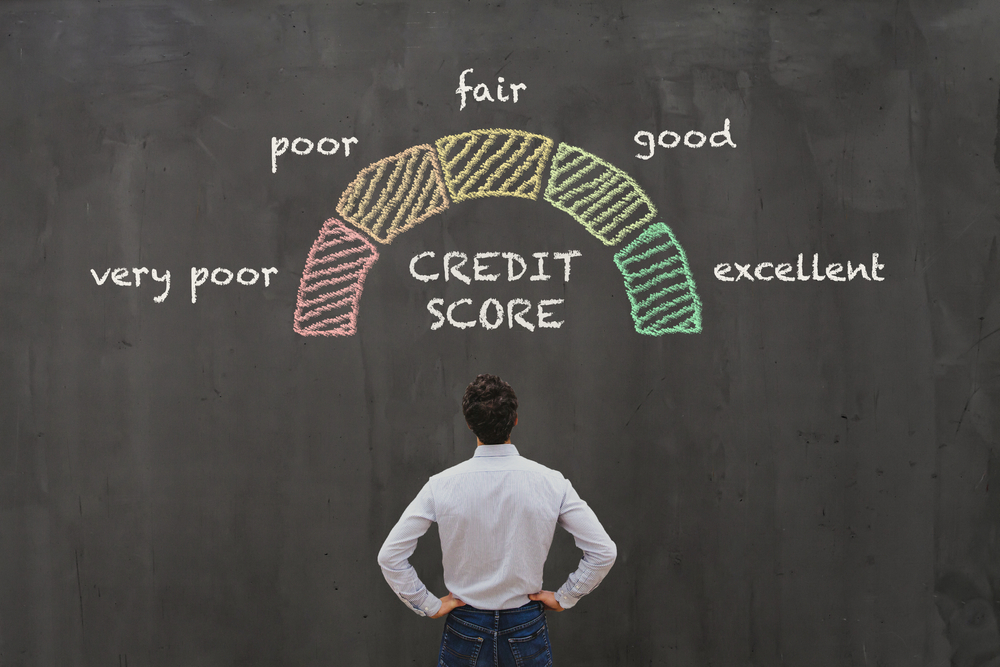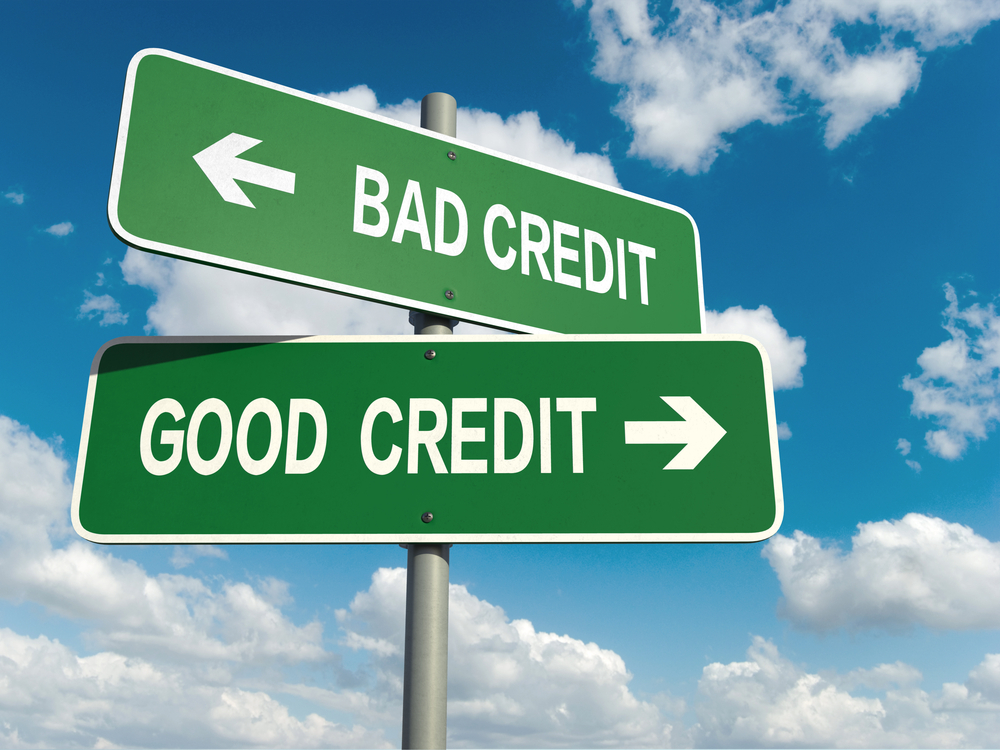Understanding how the short sale process affects your credit score is very important for your financial well-being. Especially if you are “underwater” on your mortgage and need to sell quickly. Get familiar with the intricacies of this process and its aftermath — that is, how a short sale affects your credit score.
What Is a Short Sale?

A short sale happens when a homeowner faces financial difficulties and needs to sell their property, be it a house, apartment, or condo for less than they owe to their lender.
The bank who loaned you the funds to buy your home holds a lien on the property until you are able to pay back the loan in full, with interest. If you, the borrower, cannot pay the loan back, your lender has the right to evict you and take possession of your property through a lengthy process called foreclosure.
You can avoid foreclosure by selling your home before the mortgage payments become too much for you to manage. Traditionally, you sell your home, pay off the loan to the bank with the sale proceeds, and walk away with a little extra in your pocket from any surplus in home equity gained over the years.
However, if your home value has declined since the time you purchased it, you’ll need your lender’s permission to sell your home for less than you owe on your mortgage. In other words, your lender would accept a “shorted” payoff.
For a short sale to go through, a homeowner needs to provide proof of their financial hardship. The cause can be anything from divorce, illness, job loss or transfer, or even a natural disaster.
Since the proceeds from a short sale are not enough to cover the mortgage payoff, the lender can choose one of two common outcomes. For one, the lender may forgive the outstanding mortgage balance entirely. Or two, they may ask for the remaining funds via deficiency judgment – in the form of a personal loan or other obligation.
For mortgage lenders, short sales are the preferred route over foreclosures if the homeowner has negative equity. A typical short sale can last 90 to 120 days to close, which is faster and cheaper than a foreclosure which can take up to a year or more in some states.
How Does a Short Sale Affect Your Credit?

Think of your credit score as your financial ID. It helps all sorts of lenders assess your creditworthiness — whether you pay off your debts and loans on time. The higher your credit score, the easier it is for you to borrow money. But unforeseeable events – such as a financial hardship, a dip in the housing market, and eventual short sale, can damage even the best credit scores.
But by how much?
The answer largely depends on your current credit score and how many missed or late debt payments you’ve had.
Credit scores typically range between 300 to 850 points. A short sale alone will drop your score anywhere from 85 and 150 points or more. Late or missed mortgage payments will further knock your credit score by 50 to 100 points each.
Also consider that other types of missed payments – like on a car or student loan – will impact your credit even more.
Each negative record will stay on your credit report for up to 7 years – including a short sale. However, take note that a short sale won’t be listed as that on your credit report. It can be reported as a settlement, “not paid as agreed,” “settled for less than the full amount due,” or similar.
With time and good spending habits, many people are able to buy another property 18 – 24 months after a short sale, and for as little as 10% down. Of course, this assumes that your credit score was already considered good or excellent before your financial hardship began.
Seven years seems like a long time to have your creditworthiness tarnished, but compare that timeframe to a foreclosure, which is inescapably and permanently recorded in county records.
The good news is that credit damage after a short sale is 100% recoverable.
How to Rebuild Your Credit After a Short Sale

How long does it take for your credit score to recover after a short sale? The answer to this question heavily depends on your spending habits and payment history. A short sale can stay on your credit report for up to 7 years. But with good financial habits, your credit score can improve sooner.
Of course, if you had any payment issues before the short sale took place, the seven-year period will be noted from the date of that payment delinquency. But with good spending habits and some concentrated effort, you should be able to raise your credit score by 100 points or more each year.
So, how do you improve your credit score?
- Pay your monthly bills on time
- Create a plan to pay off all consumer debt
- Pay down your credit card debt
- Check your balances regularly and pay them in full each month
- Adopt good spending habits
Make a budget for your expenses and stick to your plan. Spend less than you earn, pay down consumer debt, and save or invest the rest for your future.
Even though short sales negatively impact your credit, they are much easier to recover from than foreclosures.
Need to Short Sell? Contact a Real Estate Agent with Short Sale Experience Today

If you have negative equity in your home and are unable to pay your mortgage, consider a short sale.
Short sales should cost you nothing out of pocket. Don’t hesitate to start the short sale process because you can’t afford to pay the professionals. The fees for your real estate agent commission, your attorney, and any other professionals hired are ultimately paid for by your lender.
Consult with a real estate agent today who specializes in listing short sales and who can help you start the process of selling your home.
_______________________
If you live in the Washington, DC metro area, call Marc Dosik and the Fed City Team to discuss your options for a short sale. Marc and his team have rescued over 130 home owners from foreclosure proceedings. They help you sell your home and work with your lender to get the mortgage deficiency forgiven, all at no cost to you. They even negotiate with the lender to pay your relocation costs, giving you $3,000 or more cash-in-pocket to help you get back on your feet.
Avoid foreclosure. Contact Marc Dosik today!
Want to learn more about the short sale process?
Download our FREE ebook: How to Sell Your House in a Short Sale. Get your copy today!
_____________________________
Disclaimer: Every homeowner’s situation is unique, and local, state and federal laws change regularly. As such, this information should not be considered as legal, tax, financial or investment advice. Consult a qualified professional before making any financial decisions.



